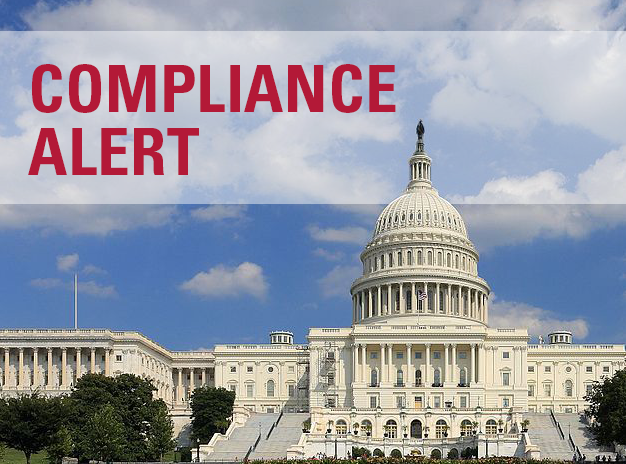Details of the Senate’s GOP health reform bill, the “Better Care Reconciliation Act of 2017”, were released yesterday. After much speculation we finally have a good idea of what GOP leadership in the upper house would like to see change.
Majority Leader Mitch McConnell intends to push the bill through for a vote by the end of next week and it is possible Vice President Mike Pence will need to cast a deciding party-line vote.
Highlights of the Senate Bill:
- Reduces the Affordable Care Act’s (ACA) individual and employer mandate penalties to $0 beginning 2016.
- Eliminates the ACA federal premium subsidies. Keeps the AHCA’s individual tax credits but modifies them.
- Ties the tax credits to rates based on 5 age bands and reduces eligibility for the credits to families under 350% of poverty line (from 400% before).
- Limits the tax credits to Individuals without access to employer coverage (no requirement that employer coverage be “affordable” or provide minimum value coverage).
- Eliminates small business tax credits for health care insurance starting 2020.
- Permanently eliminates the health insurance provider tax starting 2018 (moratorium in place now for 2017). This approximate 4% tax has been passed on to employer plan sponsors in the form of extra premium.
- Eliminates the Medicare .9% excise starting 2023.
- Eliminates the 3.8% net investment tax starting 2017.
- Continues the Cadillac tax delay until end of 2025. Leaves door open for implementation of tax in 2026.
- Just like AHCA, repeals the FSA annual limits.
- Other HSA reforms are same as in AHCA – increases the maximum contribution (to be equal to the plans out of pocket limits); allows spousal and catch-up contributions; and allows expenses incurred within 60 days of establishing an HSA to be covered.
- Allows for the establishment of association health plans as large group plans for small businesses/individuals. These plans would be exempt from the community rating and essential benefit requirements imposed on small group and individual plans.
HBI will continue to monitor this legislative activity and will provide updates as more information becomes available.
Please note that the information contained in this posting is designed to provide authoritative and accurate information, in regard to the subject matter covered. However, it is not provided as legal or tax advice and no representation is made as to the sufficiency for your specific company’s needs. This post should be reviewed by your legal counsel or tax consultant before use.


